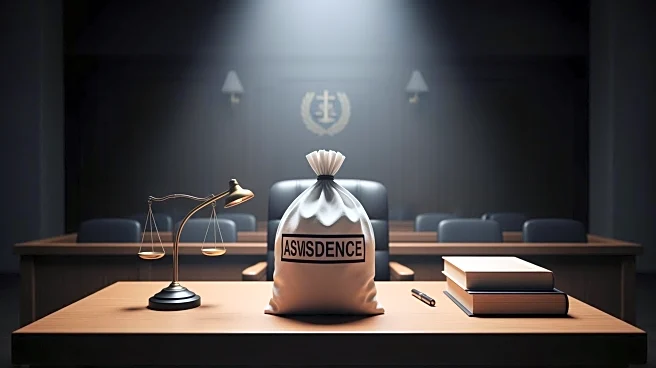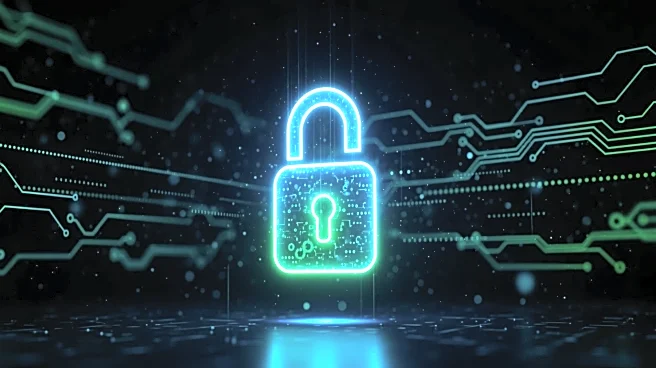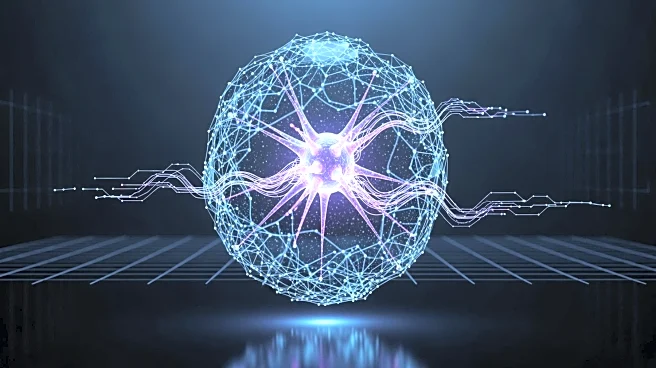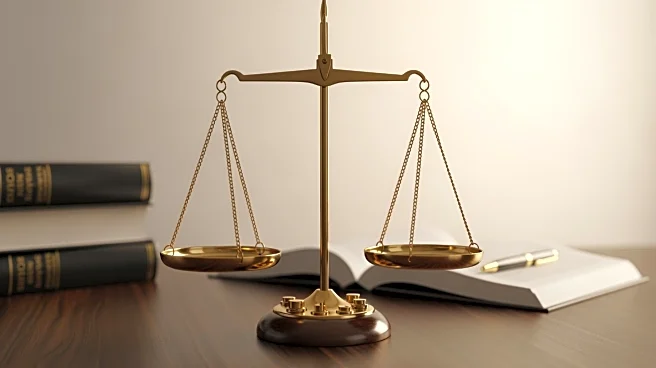What's Happening?
A federal judge has issued a warning to the Justice Department regarding the potential mishandling of evidence in the criminal case against former FBI Director James Comey. Magistrate Judge William Fitzpatrick
of the Eastern District of Virginia expressed concerns during a hearing, suggesting that the case might be following an 'indict first, investigate later' approach. The hearing focused on the handling of data collected under four search warrants from 2019 and 2020, which could be pivotal in the case against Comey. The judge questioned the prosecutors about the evidence in their possession and whether any confidential attorney-client communications had been improperly accessed. Comey, who has been charged with making a false statement to Congress, has pleaded not guilty. His defense team argues that his constitutional rights may have been violated and has requested access to all information collected during the investigation to prevent prosecutors from using old warrants to find new incriminating evidence.
Why It's Important?
The case against James Comey is significant as it highlights concerns about the politicization of the Justice Department and the potential misuse of prosecutorial power. The judge's warning underscores the importance of proper evidence handling and the protection of constitutional rights in legal proceedings. The outcome of this case could have broader implications for the Justice Department's credibility and its approach to high-profile investigations. If the evidence is found to have been mishandled, it could lead to questions about the integrity of the prosecution and potentially impact other cases involving similar issues. The case also reflects ongoing tensions between political figures and the justice system, with potential ramifications for public trust in legal institutions.
What's Next?
The Justice Department has been given a deadline to provide Comey's defense team with all relevant details from the investigation, including information from electronic accounts and grand jury documents. The judge will need to determine whether the evidence was handled appropriately, which could influence the direction of the case. The defense's ability to review the collected information may lead to further legal challenges if any procedural violations are discovered. The case is likely to attract continued public and media attention, with potential reactions from political leaders and legal experts as developments unfold.









